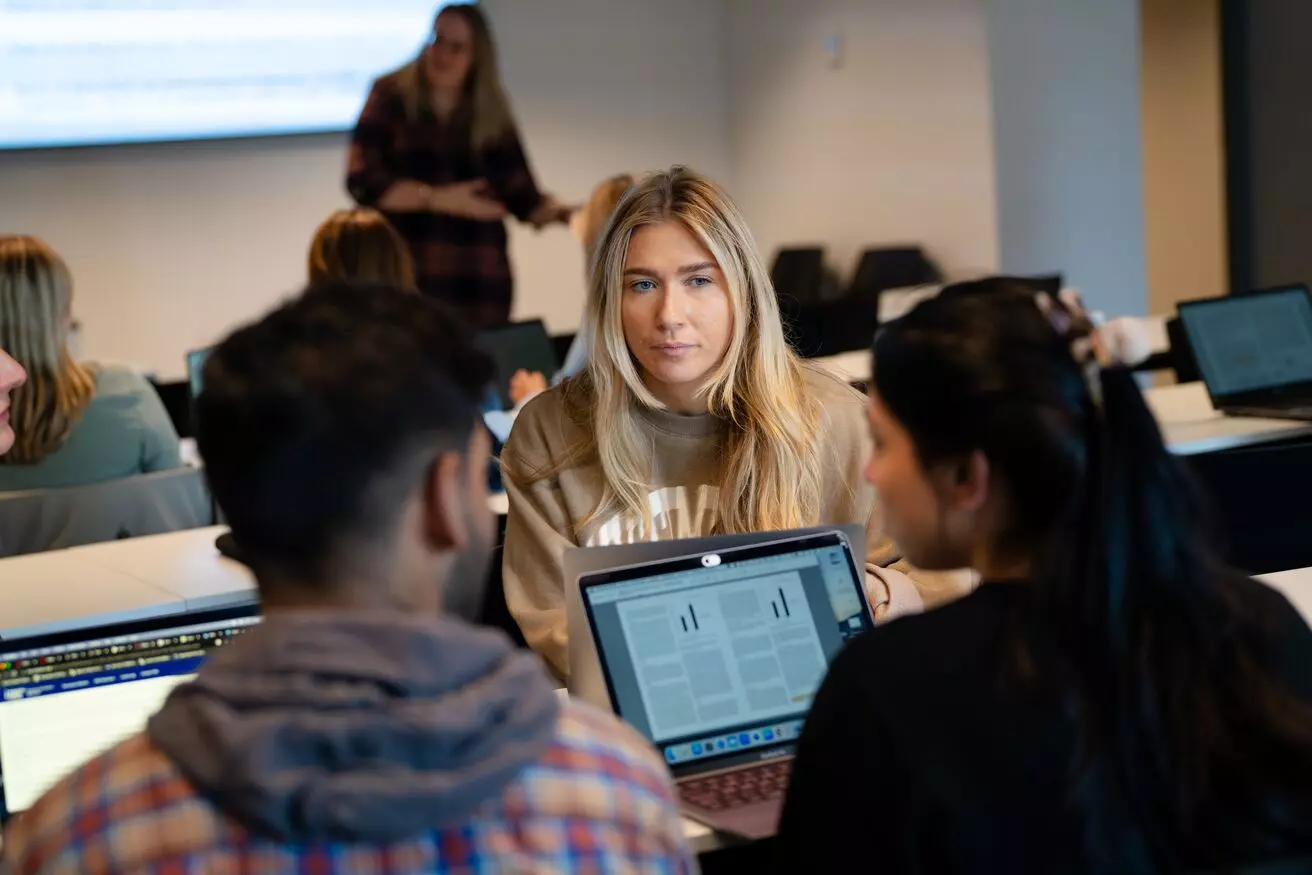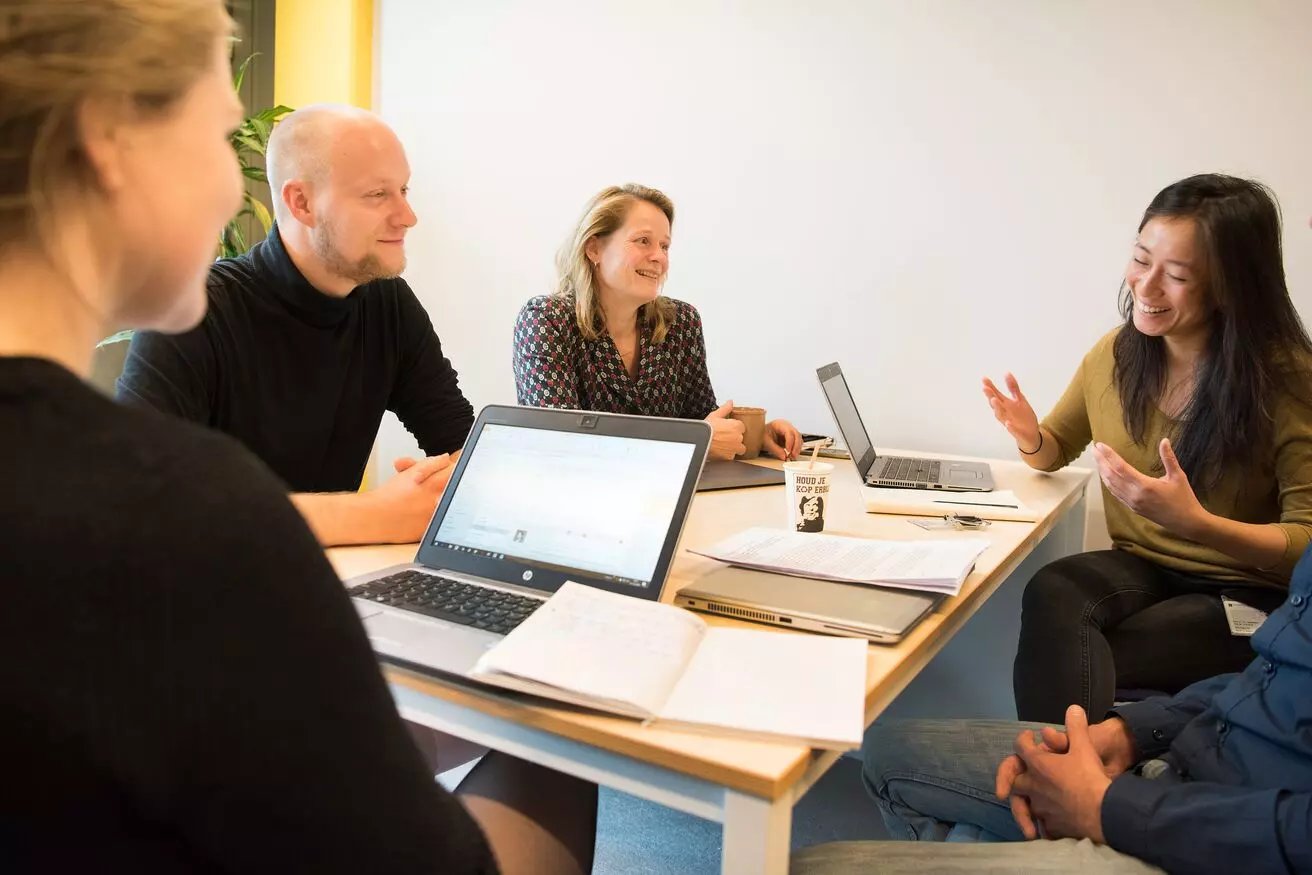Not found

More vacancies

Student Assistant for FNWI - Faculty Diversity Office
- Faculty of Science
- €3.084 - €3.141
- Closes on30-09-2025
- higher vocational education/university
- Minimum 16 hours
Are you passionate about diversity and inclusion as a whole and especially for FNWI? Would you like to actively participate in making the FNWI a more welcoming, diverse, and inclusive place for staff and students?
View vacancy

PhD Position on Shape Analysis for Medical Imaging
- Faculty of Science
- €3.059 - €3.881
- Closes on31-08-2025
- Master's
- 38 hours
Do you want to help us make AI more efficient for medicine? If the answer is yes, please continue reading!
View vacancy

PhD Candidate in Neuronal Imaging, Optogenetics and Perception
- Faculty of Science
- €2.901 - €3.707
- Closes on07-09-2025
- Master's
- 38 hours
Join Us in unravelling the brain mechanisms of visual perception!
View vacancy
This website uses cookies
We, and third parties, use cookies on our website. We use cookies to ensure that our website functions properly, to store your preferences, to gain insight into visitor behavior, but also for marketing and social media purposes (showing personalized advertisements). By clicking 'Accept', you agree to the use of all cookies. In our Cookie Statement. you can read more about the cookies we use and save or change your preferences. By clicking 'Refuse' you only agree to the use of functional cookies.
